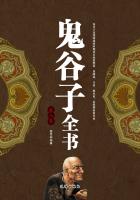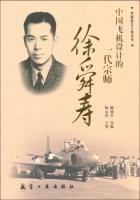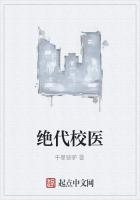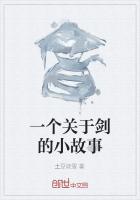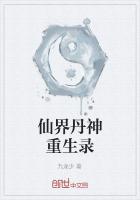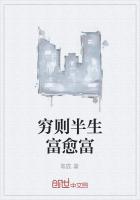With the birth of our child, the difficulties of carrying on our work were augmented: for I had to give more time to the household. Very fortunately for us I could leave my little girl with her grandfather, who much enjoyed taking care of her. But we had to think also of increasing our resources to meet the needs of our larger family and to enable us to secure someone to help me in the house, a necessity from now on. However, our situation remained as it was during the following two years, which we consecrated to intensive laboratory research on radioactivity. It was, indeed, not relieved until , to the detriment, it is true, of the amount of time we could give to our investigations.
All formal social obligations were excluded from our life. Pierre Curie had for such things an unconquerable repugnance. Neither in his earlier nor his later life would he pay visits or undertake to involve himself in relations without special interest. By nature grave and silent, he preferred to abandon himself to his own reflections, rather than to engage in an exchange of banal words. On the other hand, he valued greatly his boyhood friends, and those to whom he was bound by a common interest in science.
Among the latter, E. Gouy, professor of the faculty of sciences at Lyon, should be named. His friendly relations with Pierre Curie dated from the time when they were both preparators at the Sorbonne. They carried on regularly a scientific correspondence, and took great pleasure in seeing each other again during the various brief visits of E. Gouy to Paris, on which occasions they were inseparable. There existed also a friendship of long standing between my husband and Ch. Ed. Guillaume, now director of the International Bureau of Weights and Measures of Sèvres. They met at the Physics Society and occasionally on Sundays at Sèvres or Sceaux. Later a group of younger men formed themselves about Pierre Curie. They were investigators engaged, as he was, in physical and chemical research in the newest fields of these sciences. Among these men were André Debierne, my husband's intimate friend and collaborator in the work on radioactivity; George Sagnac, his collaborator in a study of the X-rays; Paul Langevin, who became a professor in the Collège de France; Jean Perrin, at present professor of physical chemistry in the Sorbonne; and Georges Urbain, student of the School of Physics and later professor in the Sorbonne. Often one or the other came to see us in our quiet house in the Boulevard Kellermann. Then we engaged in discussions of recent or future experiments, or of new ideas and theories, and never tired of rejoicing over the marvelous development of modern physics.
There were not many large reunions in our house, for my husband did not feel the need of them. He was more at his ease in a conversation with some one or few persons, and rarely attended any meetings except those of the scientific societies. If by chance he found himself in a gathering where the general conversation did not interest him, he took refuge in a tranquil corner where he could forget the company as he pursued his own thoughts.
Our relations with our families were very restricted on his side as on mine; for he had few relatives and mine were far away. He was, however, very devoted to those of my family who could come to visit me in Paris, or during our vacations.
In , Pierre Curie made a journey with me to the Carpathians of Austrian Poland, where one of my sisters, married to Doctor Dluski and herself a physician, directed, with him, a large sanatorium. Through a touching desire to know all that was dear to me, my husband, though he knew little of foreign languages, wished to learn Polish, something which I had not thought of suggesting because I did not believe it could prove sufficiently useful to him. He felt a sincere sympathy for my country and believed in the future re?stablishment of a free Poland.
In our life together it was given to me to know him as he had hoped I might, and to penetrate each day further into his thought. He was as much and much more than all I had dreamed at the time of our union. My admiration of his unusual qualities grew continually; he lived on a plane so rare and so elevated that he sometimes seemed to me a being unique in his freedom from all vanity and from the littlenesses that one discovers in oneself and in others, and which one judges with indulgence although aspiring to a more perfect ideal.

